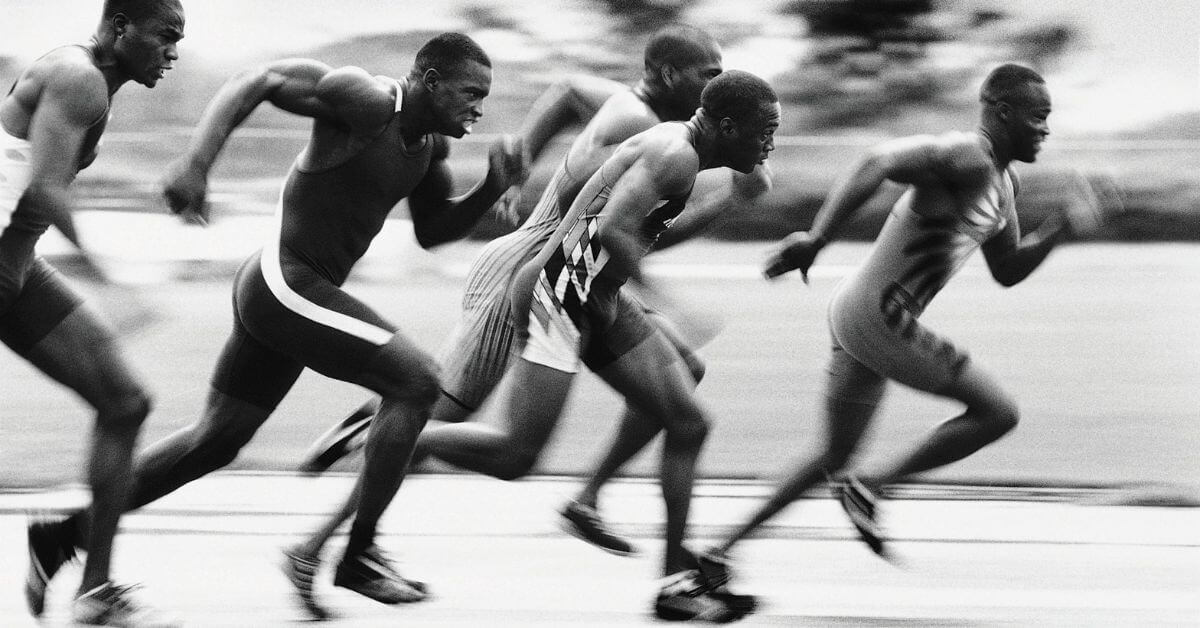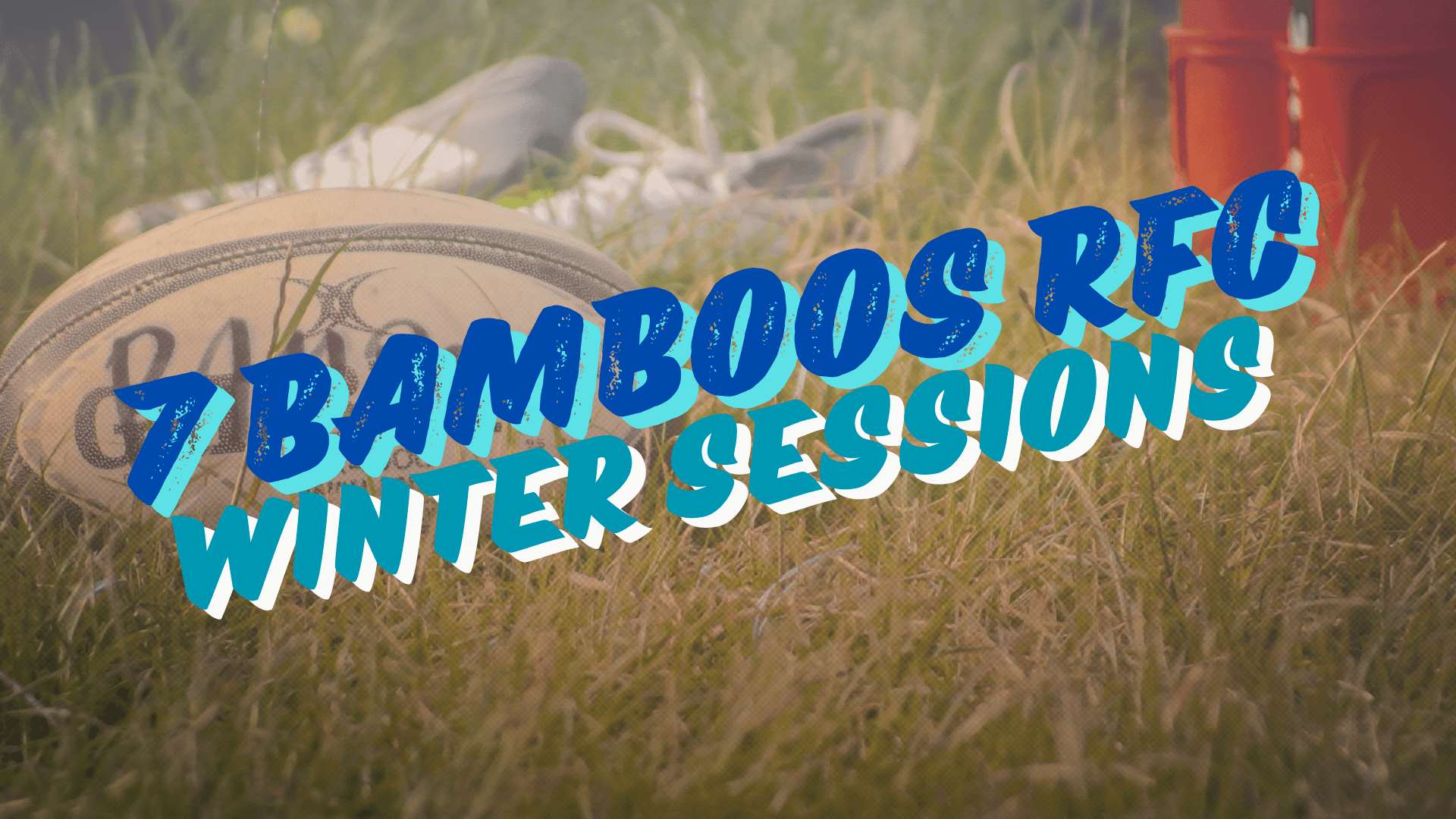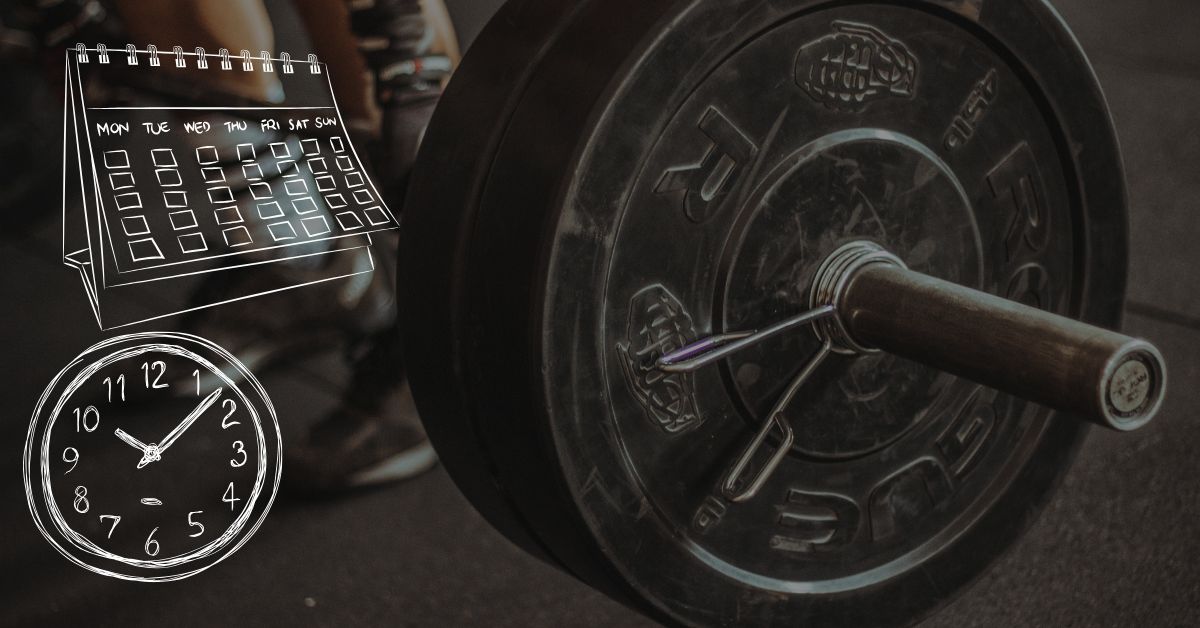Get ready to kick off winter with 7 Bamboos RFC!…

How to use Sports Psychology in Everyday Life
Let’s look back at some of the greatest moments in sports: Jonny Wilkinson’s winning drop goal against Australia in the 2003 World Cup final, Liverpool winning the 2005 Champions League final against AC Milan after being 3-0 behind in Istanbul or Usain Bolt’s unbelievable 100m and 200m Gold medal runs at three consecutive Olympics – Beijing 2008, London 2012 and Rio 2016 to name a few.
None of these incredible achievements were possible without countless hours of training and world-class coaching. No doubt, celebrating great triumphs requires hard work.
But it’s not just the work on the training field and in the gym that shapes winners, it is also the area between the ears that require many hours of practice to achieve perfection.
At this point, the sports psychologist enters the stage. Interestingly in the past sports psychology was often a bit of a neglected area in
performance sports.
However, these days are long gone and athletes, as well as coaches, have realised how important mental preparation is.
The good news is, you don’t have to be part of England’s rugby team, playing under Jürgen Klopp’s Reds, or run the 100m in under 10 seconds to enjoy the benefits and secrets of sports psychology.
Most tools can be extremely helpful on any level of sports and even in everyday life. The right strategy from the sports arena helps to increase confidence and sharpen your focus.
Here are four great tips that can be applied to succeed in sports and everyday life:
1 – Turn nervousness to your advantage
When we feel nervous, we tend to lose confidence and become insecure in our actions. However, there is a simple trick to turn this uncomfortable and very common emotion into a real game-changer.
Next time you feel nervous, instead of accepting the state, concentrate, close your eyes, and take a deep breath. Then tell yourself: “I am not nervous, I am excited!”
Sounds odd but there is a logic behind this tactic. Feelings of anxiousness and nervousness are totally normal. The natural tendency of course is to tell yourself to calm down.
Sounds like a good idea, but having butterflies in your stomach, and that sense of anxiety, is just so far removed from a state of calm, that your body just won’t buy it.
However, reframing anxiety as excitement works because both feelings are states of high arousal. They just act in different ways. While anxiety is negative and leads to obstruction in your performance because you feel threatened, excitement on the other hand is an emotion to boosts positive feelings and a sense of eagerness to accept upcoming challenges.
The world-class cyclist Chris Hoy was a master of this tactic and famously said: “Never use the words nervous or anxious, use the words exciting and adrenalised.”
2 – Never forget: You are not on your own
Athletes can get a lot of attention, especially in the days of social media and it’s easy to forget that you aren’t on your own out there. Humans are extremely sociable herd animals, constantly looking for appreciation for what we do and how we act.
But as important as it is to focus on yourself, it’s also crucial to seek help from others. Behind every champion works for a strong team!
Take the Tour de France as an example. The hardest and cruelest bike race in the world with only one winner at the end of it wearing the famous yellow journey.
However, they don’t cycle on their own. Each team has several extremely hard-working cyclists which have only one mission: Support their top rider in winning the tour.
Think about who could support you in your everyday life challenges? Don’t be afraid to ask for help when you are trying to achieve greatness. You’d be surprised how many selfless people, especially in your inner circle are happy to help you on your journey. Positive support is priceless and can get you to the top.
England’s world cup winning coach Clive Woodward described in his book “Winning”, how people like to look in the mirror when they have success to praise themselves and on the contrary, when things go south, look out of the window to find someone to blame. However, we should flip this sort of behavior and value those who can help with your improvement.
3 – Be an actor
Visualisation is one of the strongest instruments in the large toolbox of sports psychology. It’s been used by most of the world’s top athletes.
The trick is to mentally rehearse upcoming performances before a big test. You can see this vividly with ski racers when they race down the course in their mind before the actual contest starts.
This increases motivation, builds confidence, and eventually improves performance. What’s particularly important is to visualise your actions as realistic as possible to achieve success.
This form of visualisation can include all senses like hearing the crowd, smelling the freshly cut grass of the rugby pitch, and of course, the images we see in our inner eye.
And then there is the physical feeling which can be mentally rehearsed. The feeling of the perfect kick and pass or scoring the winning try. Great athletes can perfectly imagine what it feels to win even before the game has started.
It’s the same principle in stage acting. Actors mentally visualise how their characters will feel and act in a certain situation. Diving deep into the character helps to play the role in a much more authentic way.
When you are facing your next important challenges such as an exam or a job interview, try to imagine what the perfect outcome would look like.
How do you feel when you enter the room? How does it feel when you have done well? Think about mental challenges and how to overcome them.
All these very focused thoughts can lead to a positive outcome. So that when you come to do it for real, you are fully prepared.
4 – Avoid negative thoughts
All successful people know exactly what it feels like to deal with negative thoughts – again something totally natural. What differentiates the very best from the average is the ability to overcome these down-dragging demons in your head.
Efficient self-talk is one of the strongest strategies which can have a very positive effect on your performance. Sometimes you can hear athletes saying things like “You got this.” or “I can do this.”
Such simple sentences are a real confidence-booster and at the same time help to control anxiety and provide focus. Referring to the previous point, it’s important that there is a true belief in these sentences.
Take Muhammad Ali, as a prime example of this technique. He used to famously shout, “I am the greatest” long before he became the successful boxer he eventually was. Ali was so confident in his abilities that in his mind he was already a champion.
But small phrases also help such as: “You are ready.” “You are good at this.”
You can even take this to another level and create strength from previous failures, like the world’s greatest basketballer Michael Jordan explained: I’ve missed more than 9,000 shots in my career. I’ve lost almost 300 games. Twenty-six times I’ve been trusted to take the game-winning shot and missed. I’ve failed over and over and over again in my life. And that is why I succeed.
So next time you step onto a rugby pitch, the exams hall or the boardroom at your work think about how to turn nervousness into excitement, ask for some help, visualise the perfect outcome and tell yourself that you can do this because you prepared for it.
What is your favourite strategy to master a challenge? Let us know.
#sportspsychology #coaching #development #challenges









